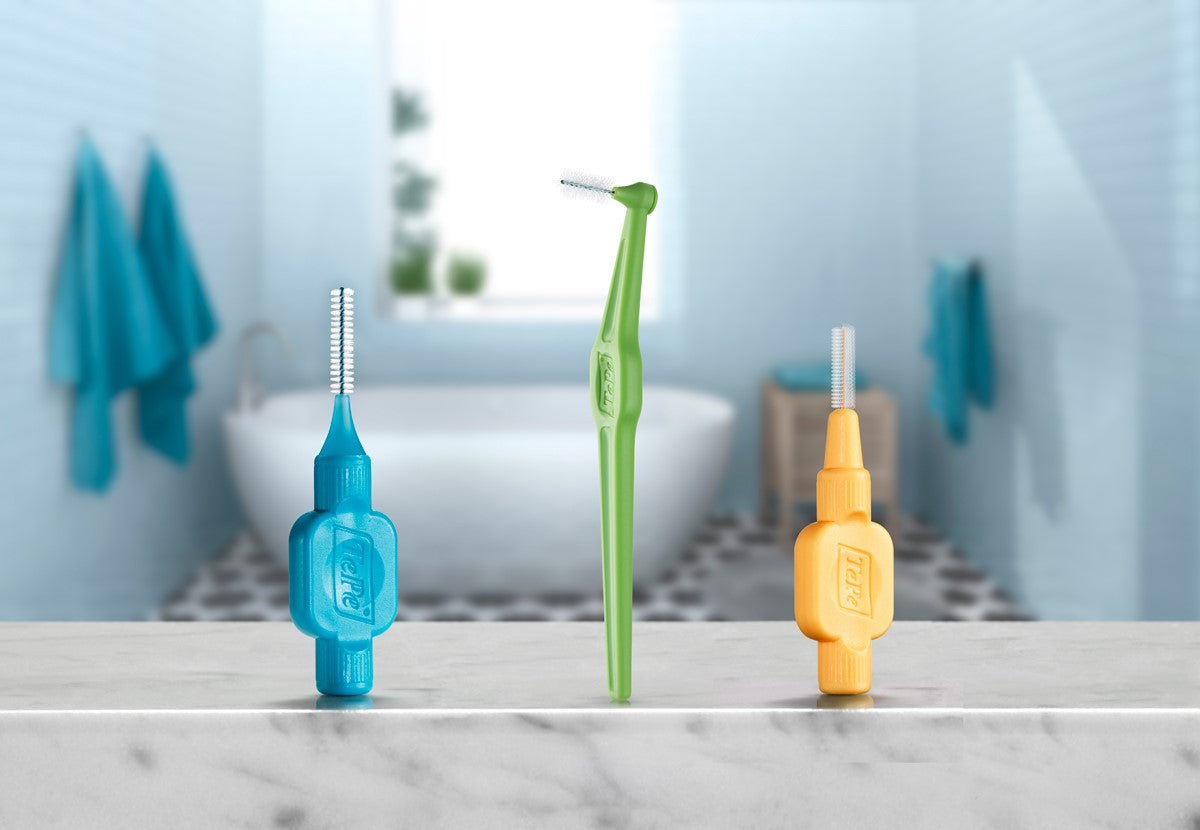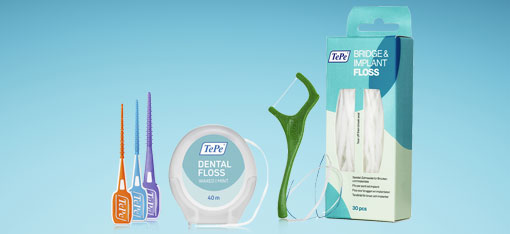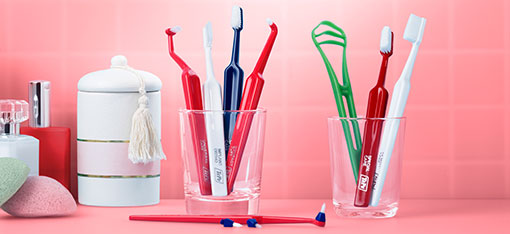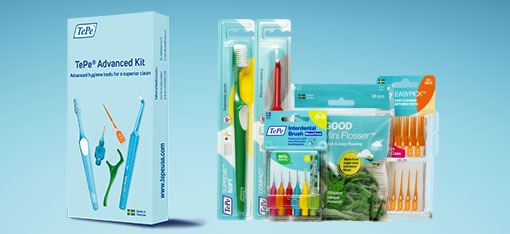Common Oral Concerns
When visiting your dental professional, you may have questions related to the appearance of your teeth, how your mouth feels, or you may be experiencing pain. Regardless of age, oral health is essential for quality of life. Here are a few common oral concerns.
- Bad breath
- Dry mouth
- Tooth sensitivity
Bad Breath
Bad breath, or halitosis, can be embarrassing and affect a person’s social life. There are different causes that can be considered. In 80-90% of cases, bad breath originates form the oral cavity. Your mouth is an ideal location for bacterial growth, with the most common places being your tongue and your gums between your teeth.
What causes bad breath?
- Cavities
- Gum disease
- Bacteria on the tongue
- Infections in the mouth
- Medications that cause dry mouth
- Disorders that cause dry mouth related to reduced saliva production like diabetes or sjogren’s syndrome.
- Non-oral causes of bad breath are linked to many different body systems. It could also be related to infections in the ear, nose, or throat.
- Other causes of bad breath are often temporary. These may include strong flavored food, drinks such as coffee or alcohol, or tobacco products.
Treatment of bad breath. If you have chronic bad breath, visit your dental professional to get a proper diagnosis. Improving your oral hygiene by brushing, cleaning between the teeth, cleaning your tongue, and using mouth wash can decrease your risk of having bad breath when it is related to an oral cause.
Bacteria that thrive on the top surface of the tongue can be removed by using the TePe GOOD™ Tongue Cleaner. The design corresponds to the natural shape of the tongue and the 3 blades give it a triple effect with one stroke.

Dry Mouth
Dry mouth can impact how a person can eat, speak, swallow, chew, and smile. Saliva helps facilitate several functions and cleanses the oral cavity.
Saliva lessens the effect of acids produced by bacteria that can cause dental cavities. Saliva also washes away food and provides disease-fighting substances as a first-line protection against bacterial growth that can cause gum disease. Saliva is your body’s natural way of cleaning your mouth.
Dry mouth is caused when the salivary glands in the mouth don’t make enough saliva. This may occur as a side effect of medication, health disorders, aging, alcohol and tobacco use, or cancer treatment.
Signs of a dry mouth include:
- Dryness or a feeling of stickiness in your mouth
- Saliva that seems thick and stringy
- Dry or sore throat
- Burning senstation
- Trouble speaking
- Difficulty swallowing or chewing
- Hoarseness
- Problems wearing dentures
Treatment of Dry Mouth. Symptoms of a dry mouth can be relieved in many ways, depending on the cause behind the problem, so it is best to receive individual advice and treatment from your dental professional. If you have chronic dry mouth from a medication you are taking, you will need to talk to your healthcare provider about switching the medication or other ways to mitigate these side effects.
The quality of life can be altered because of dry mouth. Here are some tips to relieve dry mouth.
- Sugar-free chewing gum or hard candies can stimulate salivary flow.
- Drink water with meals to help chew and swallow food.
- Use alcohol-free mouthwash, as alcohol can exacerbate dry mouth.
- Use a moisturizing mouth spray or gel.
- Use lip balm to soothe cracked or dry lips.
Sensitive Teeth
Sensitive teeth can feel different depending on the cause. Sometimes you get a sudden, often sharp pain. This can occur when eating or drinking something cold, sweet, or sour. You might also notice it while brushing your teeth or breathing in very cold air. Other times the pain might be a dull pulsating sensation and persist for some time. This could be related to decay or infection. It is best to get a dental exam to understand the cause and treatment options.
What causes sensitive teeth?
If you have sensitive teeth here are some possible causes:
- Tooth decay (cavities)
- Fractured teeth
- Worn fillings
- Gum disease
- Erosion of enamel
- Exposed tooth root (receding gums)
- Teeth grinding
- Incorrect, often agressive, toothbrushing technique
- Using oral hygiene products that have bristles that are too hard or low-quality
In healthy teeth, a layer of enamel protects the crown of the tooth, and a layer of cementum protects the root of the tooth. Underneath both the enamel and the cementum is dentin. Dentin is less dense and has many small hollow canals that allow heat, cold, or acidic foods to reach the nerves inside the tooth. When the tooth loses the protective layer of enamel or cementum the dentin becomes exposed. When the dentin comes in contact with different stimuli, the nerves are triggered, passing a sensation to your brain.
Treatment of sensitive teeth. Depending on the circumstance, your dental professional may recommend different treatment options.
- Desensitizing toothpaste
- Fluoride to strengthen enamel
- A crown or filling
- Surgical gum graft
- Root canal treatment
Eliminating the cause is the best way to prevent further sensitivity. If you have worn enamel, consider these tips. Reduce the amount of acidic foods and drinks, such as carbonated drinks or citrus fruits. When brushing use small gentle strokes with light pressure, rather than vigorous or harsh scrubbing, and avoid abrasive toothpaste. If you grind your teeth, ask your dentist about a mouth guard.
Having sensitive teeth can affect your quality of life. Remember if you cannot solve by any measures you’ve taken on your own, it is recommended to see your dental professional.
TePe Products For Sensitive Mouths
Thoroughly, and routinely disrupting the bacteria and plaque on all sides of the teeth is an effective way to maintain your oral health. Be gentle but thorough with your cleaning routine, brushing twice a day and cleaning between your teeth daily. Below are options from TePe that offer a gentle solution. The bristles are soft, making them ideal to use around delicate oral tissue, dry mouth, or sensitive gums and teeth.
TePe Interdental Brushes Extra Soft are small brushes specially designed to clean between your teeth, where a regular toothbrush does not reach. There are six different sizes.

TePe Special Care toothbrush has 12,000 ultra-soft bristles. The head of the toothbrush also comes in a compact size for better access in hard-to-reach areas.

TePe Gentle Care toothbrush has soft bristles and is slightly firmer than the TePe Special Care.












Leave a comment